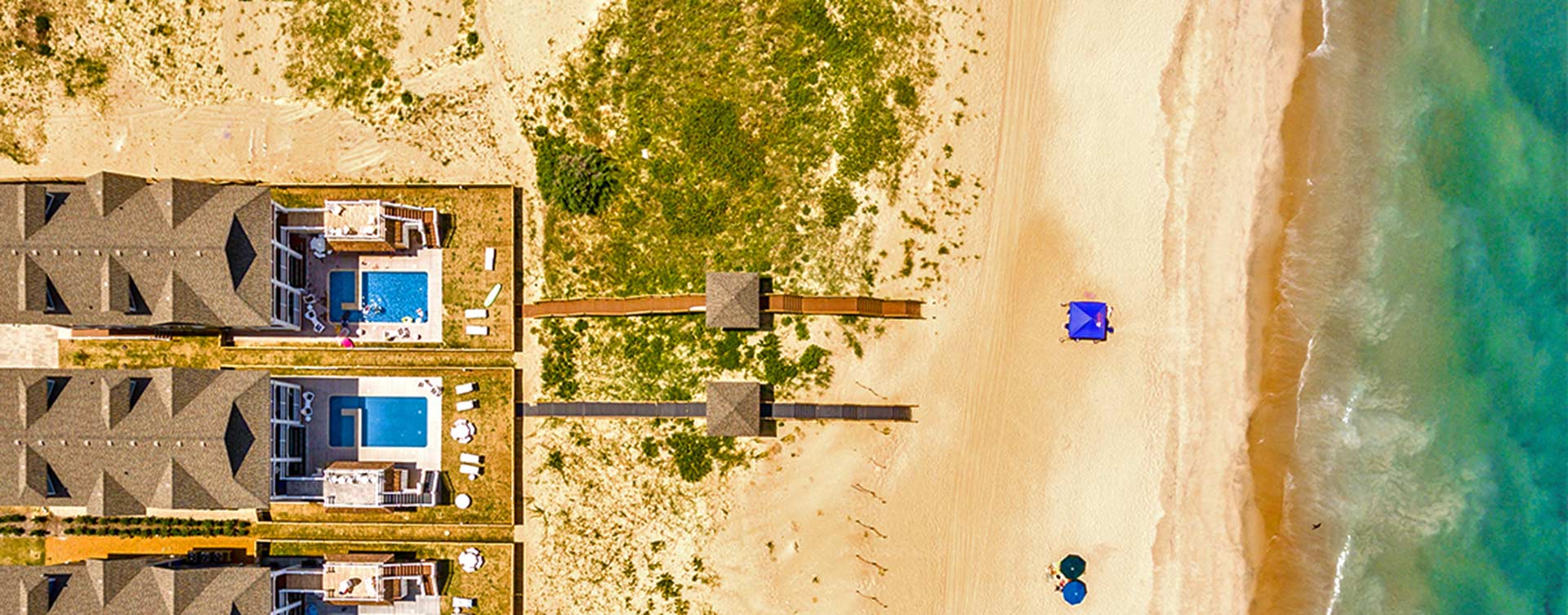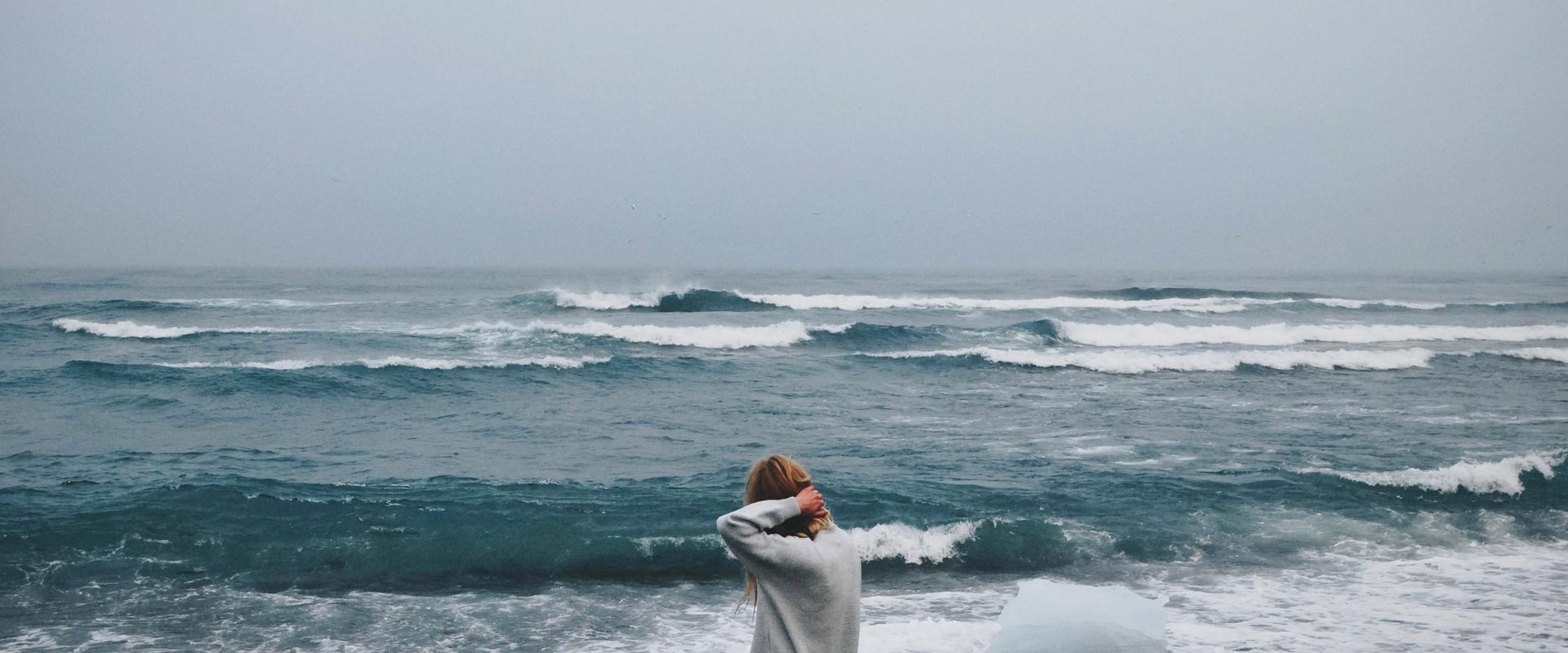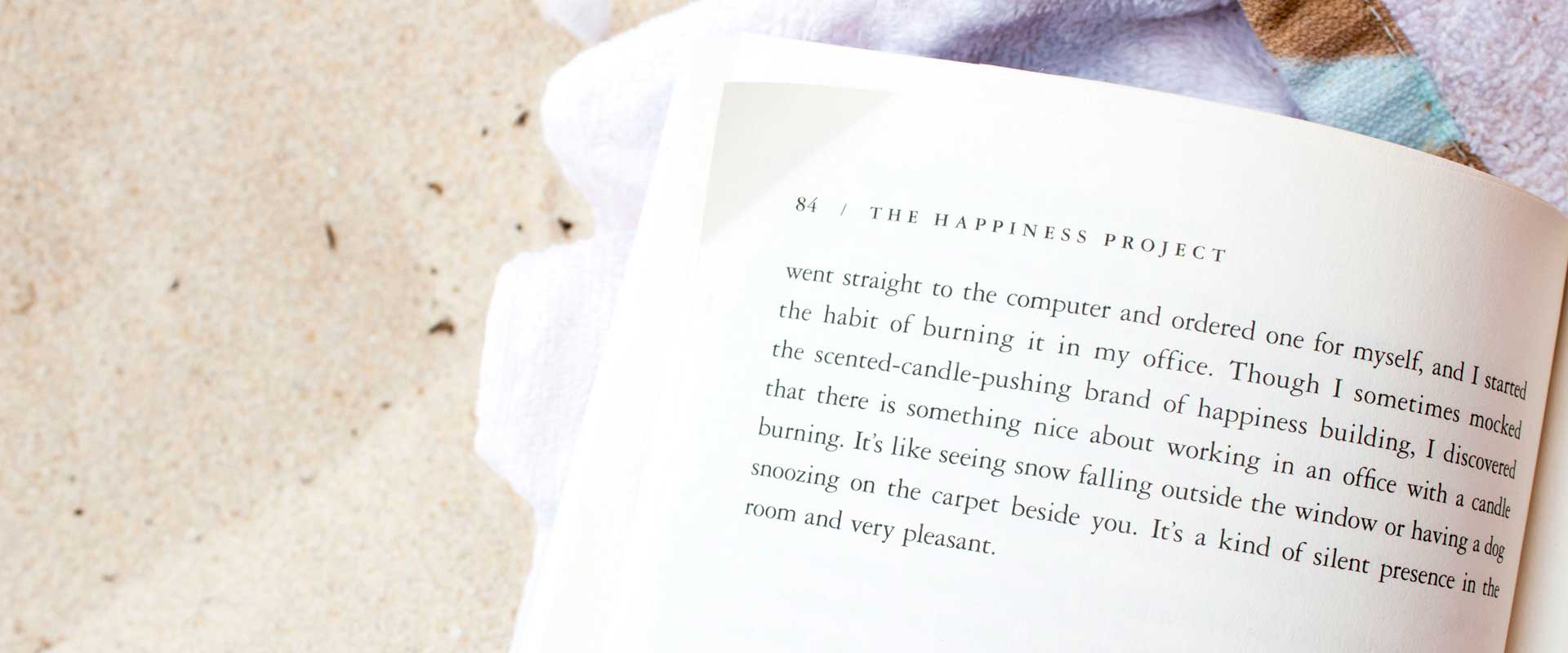One of the most remarkable aspect of the Outer Banks economy has been its resilience. Even in the depths of the recent recession, as the national economy was shrinking at 5-6%, occupancy in this region shrank a barely discernible 2%. And that figure is based on occupancy tax collections, not vacancies. In fact, even in 2009, the worst year for the Outer Banks, visitation remained at historic levels, and the loss in income was a result of targeted, aggressive pricing to ensure full occupancy for homeowners.
Since that time, occupancy has shown very strong growth, and 2011 looks to be the best year the Outer Banks has ever witnessed. Vanessa Riddick, Property Manager for Resort Realty, sees the trend first hand. “We do not want to quote any sound occupancy rates for each week however we can state that we are 10% ahead compared to 2010,†she says.
It is not just the peak season, though, that is contributing to the growth in occupancy. “We are seeing a positive trend in occupancy during the shoulder seasons,†Riddick reports. “Fall is one of the best times to vacation on the OBX and each year more and more people take advantage of this.â€
What does this mean for the homeowner?
Perhaps most importantly, it means a reasonable expectation of rental income. It also means, however, that the market is becoming increasingly competitive, and the most rentals at the best prices are going to go to the homes that are the most attractive to vacationers.
In our last blog, we talked at length about what a homeowner can do to make their property more attractive. Eye appeal is important, have some sort of interactive map of the home so people know what they are getting, price the property according to property management guidelines. Pricing may be one of the most important things a property owner can do. A property that is priced to high will not rent as quickly as similar properties priced correctly. To fill the vacancy, there is a good possibility that discounts will have to be taken and owner may not even get the recommended price.
The bottom line is, if that property was purchased for rental income, it is a business and must be treated as such–investments must be made, it must be maintained and effective marketing is essential.
Keep in mind, that like any investment, the better return on the dollar the owner can show, the more value it will have. That becomes particularly important if or when an owner chooses to sell the property. “All things equal, the good rentals will . . . bring a quicker sale and a better price,†Linda Powers, of the Resort Realty Powers Team, says.











